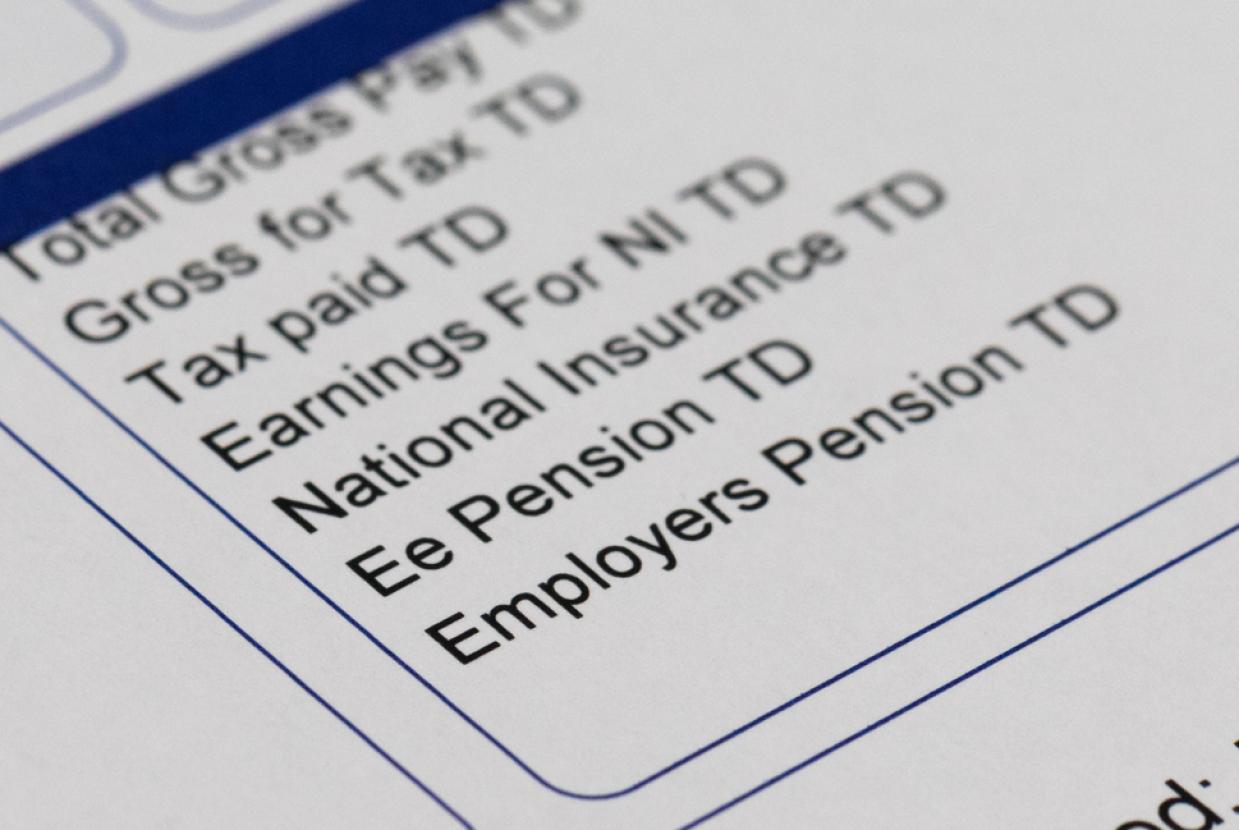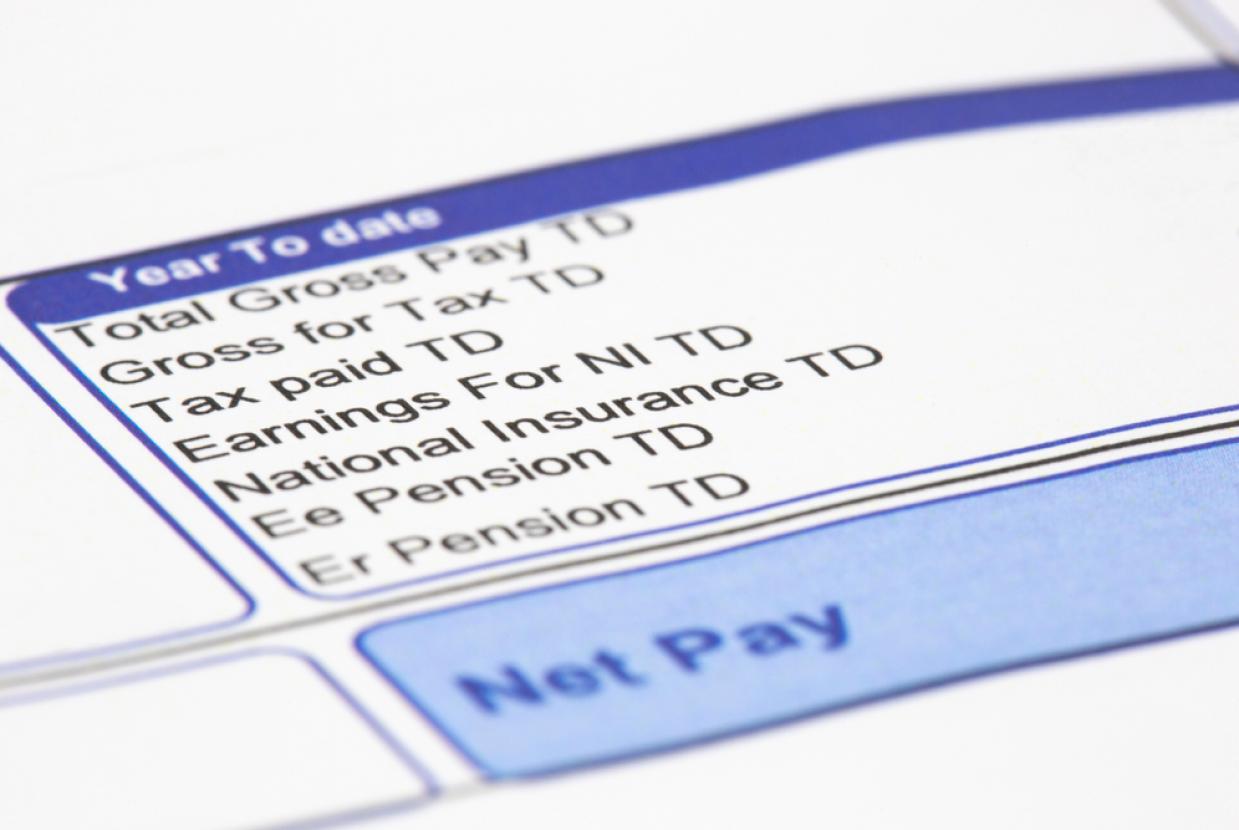Living Well On A Budget
Financial HealthManaging money and making ends meet when you’re on a low income takes careful organisation. Find out some of the best ways to make sure you’re doing all you can to stay in control when you’re on a tight budget.
Work out your budget
The first step to taking control of your money is working out your living costs, including knowing what’s coming in, what’s going out and when.
Making a budget gives you a clear picture of where your money goes and shows you where you might have a chance to save money. It will also help you see whether you’re living within your means.
Look at ways to cut costs
It can be difficult to increase the amount of money you have coming in, but you have much more control over what goes out. While it might be possible to cut costs, some bills will stay constant and should be prioritised. These include:
- water
- energy
- Council tax
- electricity
- broadband bills.
You can save hundreds of pounds by switching utility providers and shopping around for lots of things, including your groceries and holidays.
Claim all the benefits you’re entitled to
It’s easier than you might think to check that you’re getting all the benefits you’re entitled to if you’re on a low income.
Some benefits are one-off payments to help with a particular set of circumstances, such as cold weather. Others, such as Income Support, top up your regular income.
Emergency borrowing to make ends meet
In some circumstances, you might be able to get an interest-free government loan to help you make ends meet at a difficult time.
If you’re on a low income and claiming benefits, you might be able to get an interest-free Budgeting Loan from the government. This can help with things like:
- travelling expenses
- clothing or footwear
- furniture or household equipment
- money to help you look for, or start, work
- improving, maintaining or securing your home
- advance rent or removal expenses for a new home.
Find out about Budgeting Loans, and get an application form, on the GOV.UK website
Other loans
Be very careful with other kinds of borrowing. Things like payday loans, logbook loans and doorstep lending can seem an easy solution but can make a bad situation worse.
They’re often a very expensive way of borrowing, so always try to find other ways. Ask your family if they can help or consider joining a credit union.
Credit unions offer banking services to people who would otherwise find them difficult to get.
Take care of your mental health
Often, there’s a link between struggling with money and poor mental wellbeing. Feeling low can make it tough to manage money. And worrying about it can make you feel even worse. Find out more about Money problems and poor mental wellbeing.








































